Construction
3 business continuity tips for construction companies
It’s hard to think of businesses that haven’t been impacted by the current pandemic, and the construction industry, accustomed to riskier environments by nature, has newfound challenges.
From reducing the number of employees at the jobsite, to ensuring everyone can work at a safe physical distance, and the expanded use of personal protective equipment, there are many moving parts to manage during this crisis. And the decrease and delay in projects only adds to the overall feeling of uncertainty.
Vice president of Sage Construction and Real Estate Dustin Anderson recently interviewed with various industry media, highlighting key areas of focus for builders and contractors, and offering tips to keep their businesses moving.
Below are the key takeaways.
The impact of COVID-19 to the construction industry
Construction companies face increased competition because the number of new projects has decreased. As a result, firms are taking on riskier projects with tighter margins to keep their businesses moving and staff employed.
So, what should construction companies do to mitigate risk?
1. Be anticipatory of the risks associated with the new normal
Contractors should start including risks into bids and contracts, Anderson says. Although it is common for contracts to have penalties for project delays, many won’t be enforced.
But now, business owners will likely structure their contracts differently as they try to address unknown variables and even include COVID-19 safety measures to limit liability.
2. Invest in the right technology
Technology will have an important hand in reducing risk at the jobsite, Anderson tells ForConstructionPros.com.
Estimating software helps businesses produce faster, more-accurate estimates, enabling them to pursue the right work at the right time. Project management and accounting solutions help automate processes and reduce errors.
This provides firms with the visibility they need to make the best decisions for their businesses.
3. Write a construction business continuity guide
Now more than ever, it’s important for construction companies to invest time in writing or refreshing their business continuity plan, Anderson says in a blog post for the Construction Financial Management Association.
There are several factors a construction company should consider when writing or updating their business continuity plan:
- Include contingency scenarios that address all aspects of the business
- Maintain regular cash flow forecasts for a better handle on finances
- Have a dedicated person oversee and own the business continuity plan to streamline the process
- Obtain feedback from your team; they may know specific areas of the business better than anyone else
- Remain flexible, build in alternate ways of doing business, and identify backup suppliers to account for future unpredictability
What future trends should construction companies prepare for?
The pandemic has highlighted a need for growth in areas like manufacturing, Anderson tells Modern Contractor Solutions.
Less time on the jobsite
Contractors need to determine exactly who needs to be on the jobsite at the same time, while physically distancing and wearing PPE, and who can do their part remotely. For example, if an inspection can be done virtually, this helps to control the work environment. There is also the growing trend of prefabrication, which limits the amount of time worked onsite.
Communication with employees
As more contractors adopt cloud-based solutions, collaboration between field and office teams can improve exponentially. Contractors need to ensure this line of communication is streamlined to be as effective as possible.
Opportunities for growth
As organizations look to depend less on overseas manufacturing, contractors should be prepared for an increase in the building of manufacturing facilities at home. In addition, as the demand for services related to healthcare increases, so will the need for more capacity or newer buildings.
The construction industry has faced many challenges in 2020, but out of the challenges, Anderson stresses that it is important to maintain a sense of community while navigating the new normal.
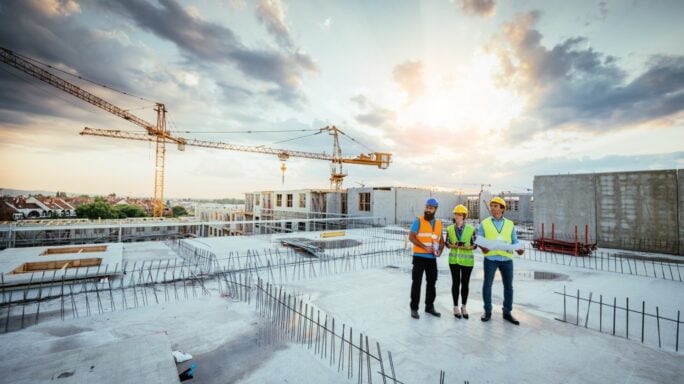


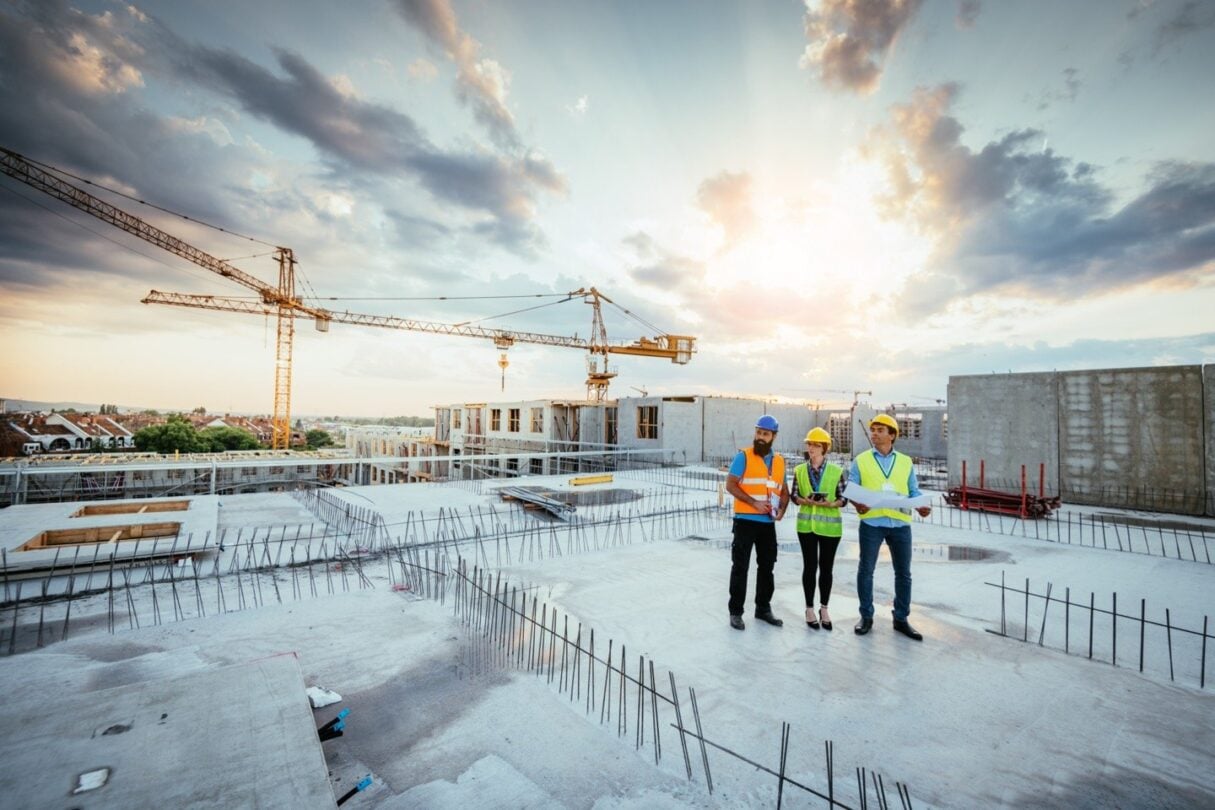
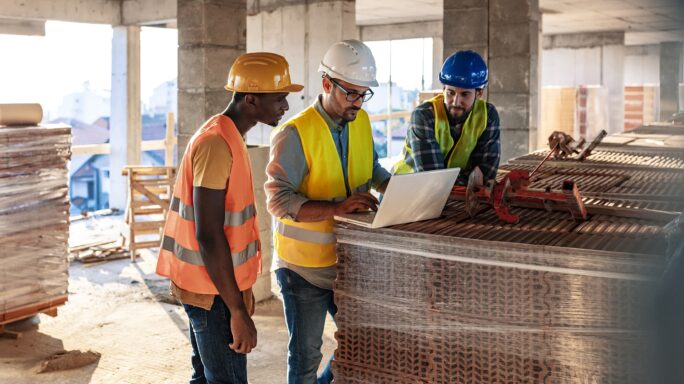
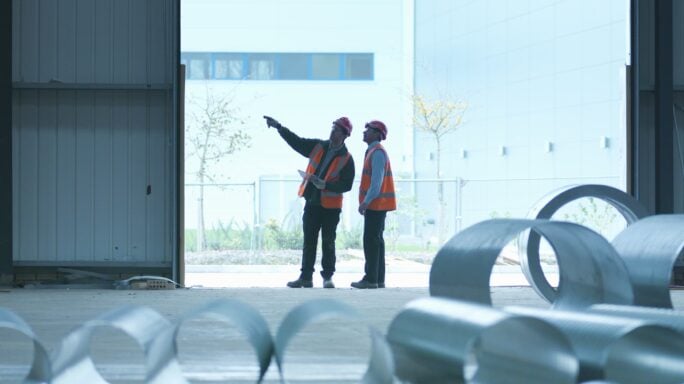

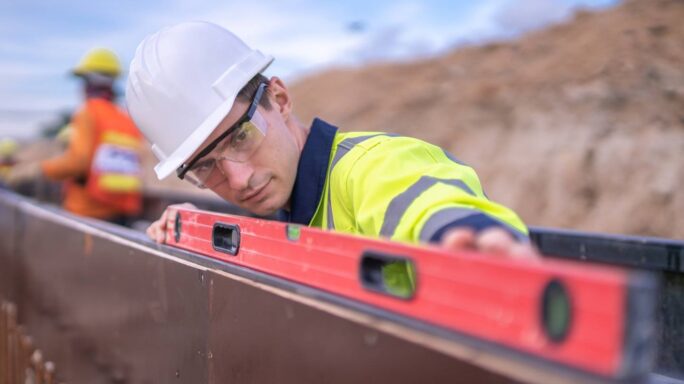
Ask the author a question or share your advice